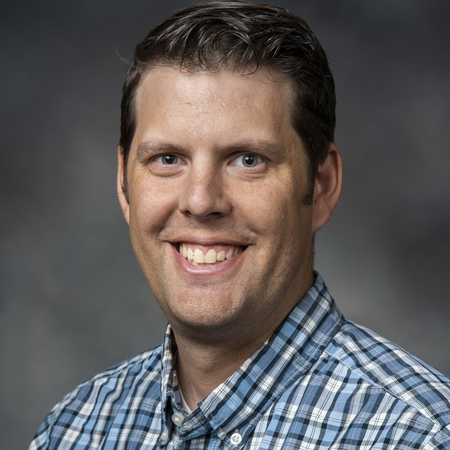Weekly Seminar: Chris Archibald
February 13, 2024

Where: TMCB 1170
When: February 15th @11am
Talk title: Bayesian Skill Estimation: Methods and Applications
Abstract: Actions in many real-world domains cannot be executed exactly. An agent’s performance in these domains is influenced by two critical factors: the ability to select effective actions (decision-making skill), and how precisely they can execute those selected actions (execution skill). For an AI to make effective action recommendations to a person, knowledge of their execution skill is required. This talk addresses the problem of estimating both the execution and decision-making skill of an agent, given observations. Several execution skill estimation methods will be presented, each of which utilize different information from the observations and make assumptions about the agent’s decision-making ability. A final novel method forgoes these assumptions about decision-making and instead estimates the execution and decision-making skills simultaneously under a single Bayesian framework. Experimental results in several domains evaluate the estimation accuracy of the estimators, especially focusing on how robust they are as agents and their decision-making methods are varied. These results demonstrate that reasoning about both types of skill together significantly improves the robustness and accuracy of execution skill estimation. A case study using the proposed methods to estimate the skill of Major League Baseball pitchers is presented, along with a complete AI system that utilizes this estimate to provide pitch recommendations. This case study demonstrates how these skill estimation methods can be applied to real-world data sources and provide effective action recommendations to humans.
Bio: Chris Archibald is an assistant professor at BYU, where he has been since 2019. His research focuses on strategic decision making, that is, using AI techniques to make effective decisions, especially in the presence of other agents, be they teammates or adversaries. He received his PhD in 2011 from Stanford University and was a postdoctoral fellow at the University of Alberta from 2011-2013. From 2013-2019 he was an assistant professor at Mississippi State University. He is originally from Provo, UT, and enjoys playing soccer, golf, and doing crosswords.

